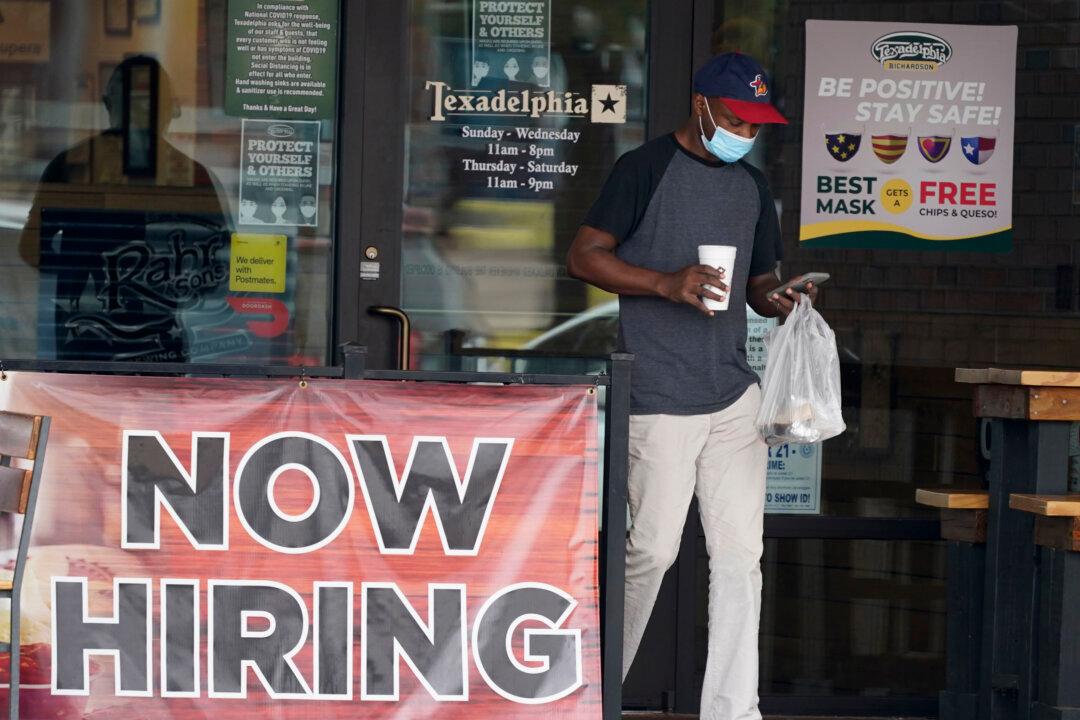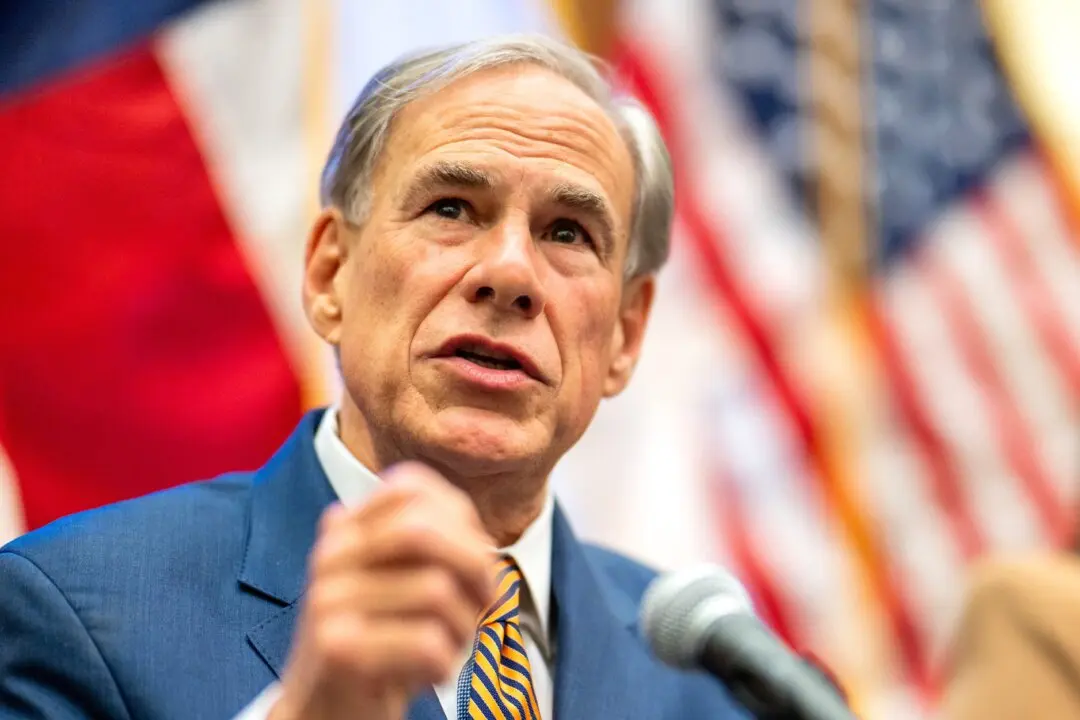A report from the U.S. Chamber of Commerce warned that a recent labor shortage plaguing businesses nationwide is worsening, describing the situation as a “national economic crisis.”
The Chamber’s report released Tuesday found that the United States had a record 8.1 million vacant job openings in March—the last month where data was available—noting it was an increase of 600,000 from February.





